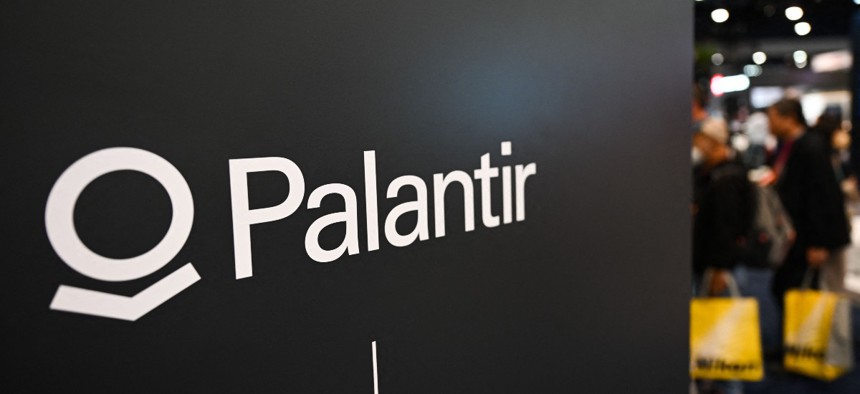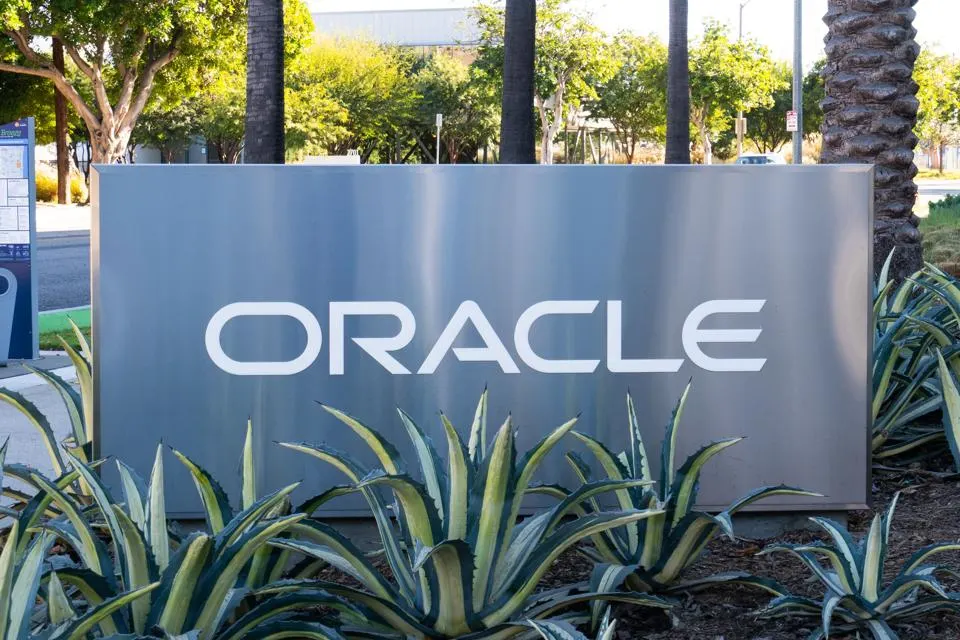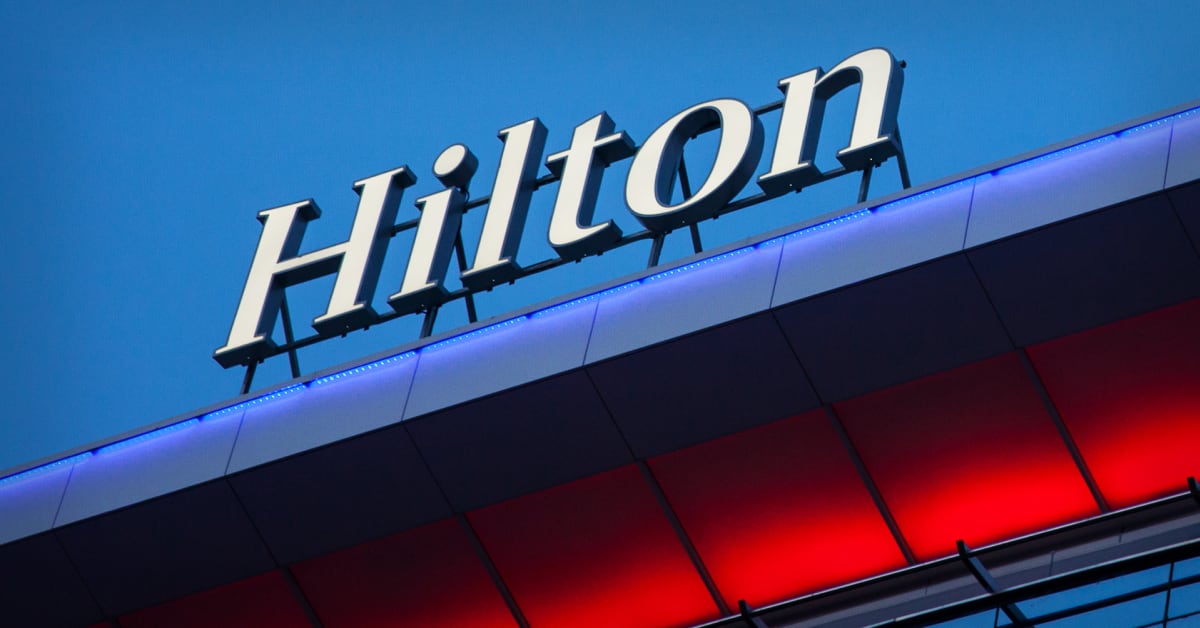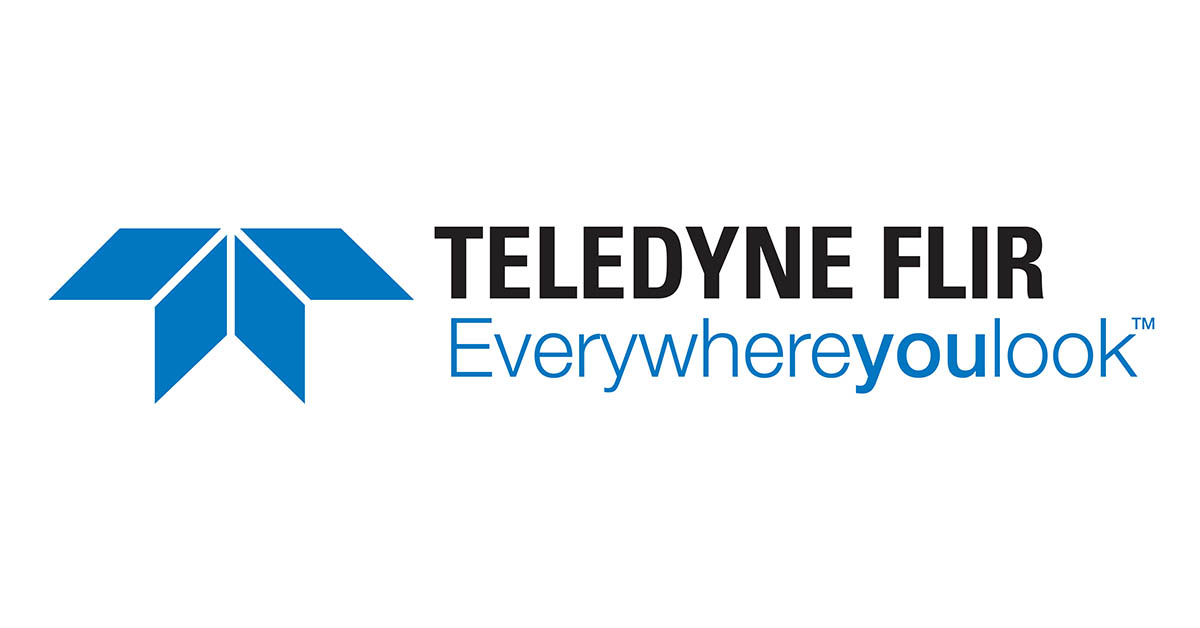Palantir CEO Alex Karp acknowledged that some employees at his software company have left due to his public support for Israel, and he anticipates more departures.
“We’ve lost employees. I’m sure we’ll lose employees,” Karp said in an interview with CNBC’s “Money Movers.” “If you have a position that does not cost you ever to lose an employee, it’s not a position.”

Karp made these comments in response to a question from anchor Sara Eisen about the turnover at the company resulting from its controversial stances.
Palantir, known for its government contract work in defense and intelligence, has provided its technology to support the Ukrainian and Israeli militaries in their respective wars.
Karp expressed his pride in Palantir’s involvement in crucial operations in Israel shortly after October 7. The company held its first board meeting of the year in Tel Aviv, Israel, in January, and subsequently agreed to a “strategic partnership” with the Israeli Ministry of Defense to supply technology for its military efforts.
In November, Karp reaffirmed the company’s support for the U.S. government and Israel, stating that “Palantir only supplies its products to Western allies.”
During the interview, Karp reiterated his pro-Israel stance. Eisen mentioned the company’s decision in October to place a full-page ad in The New York Times, declaring its solidarity with Israel.







































